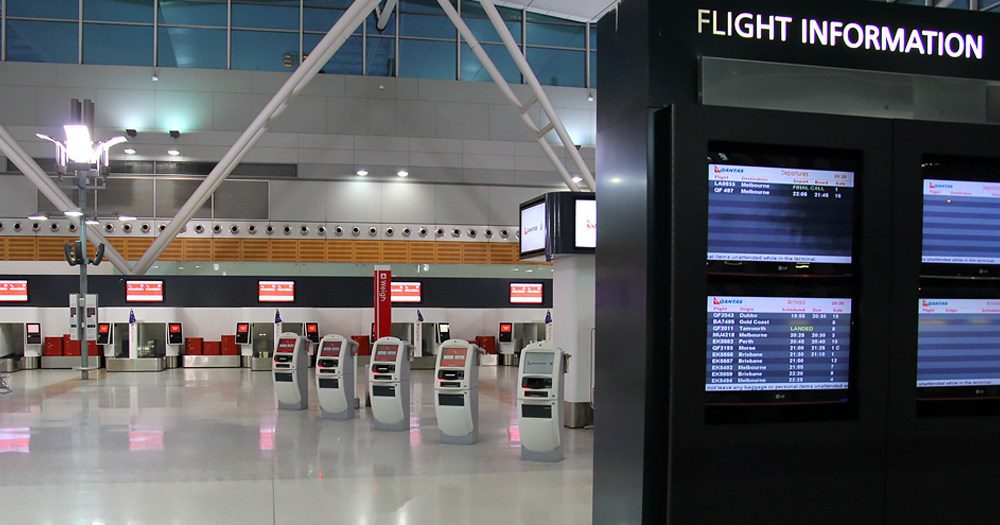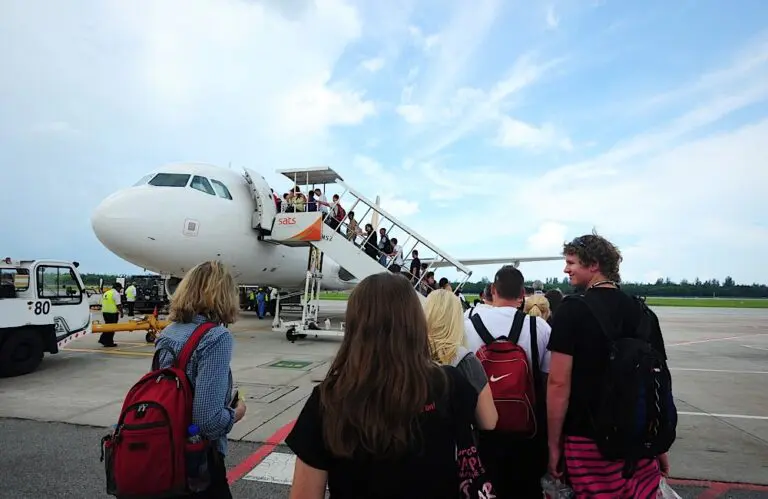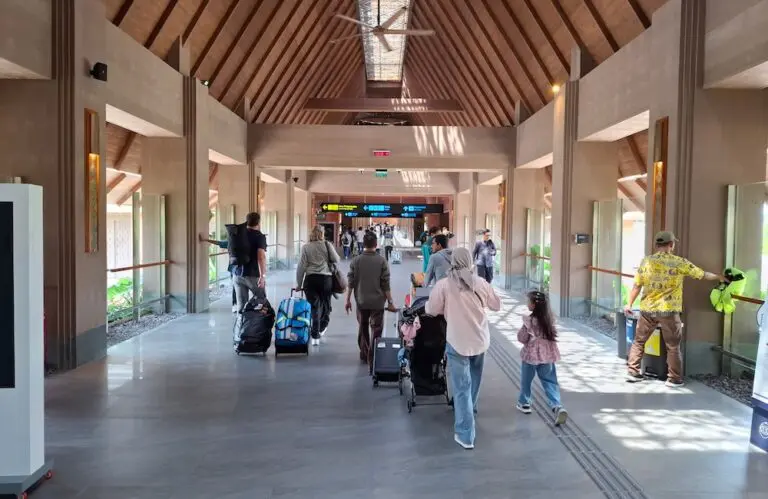Travel restrictions as a result of the recent COVID-19 outbreaks have brought the majority of domestic flying to a stop and delivered a significant blow to the local airline industry, the ACCC’s latest Airline Competition in Australia report has revealed.
The report, released today, shows passenger numbers in July 2021 plunged to just 23 per cent of pre-pandemic levels, after recovering to a peak of 68 per cent of pre-pandemic levels in April 2021.
Passenger numbers reported for August and September 2021 are expected to be even lower.
Qantas, Jetstar, Virgin and Rex combined were forced to cancel one in three flights in July 2021, which is the highest cancellation rate since April 2020. Weekly passenger numbers in Victoria fell 91 per cent from mid-May to early June, and in NSW they dropped 97 per cent between mid-June and the end of July.
“The Delta outbreak has hit the domestic airline industry hard, and it has unfortunately halted the airlines’ recovery just as they were starting to approach pre-pandemic levels of flying,” ACCC Chair Rod Sims said.
The report reveals that routes in and out of Sydney Airport were not in the top 10 busiest routes in July 2021, despite it normally being Australia’s busiest airport. Intra-state Queensland routes were the busiest, with Brisbane to Cairns, Townsville and Mackay among the most popular.
“With many state borders closed, those that could fly were doing so closer to home,” Mr Sims said.
“July was the first time that Sydney hasn’t been among the 10 busiest routes in the country, which is a sign of the state of the industry.”
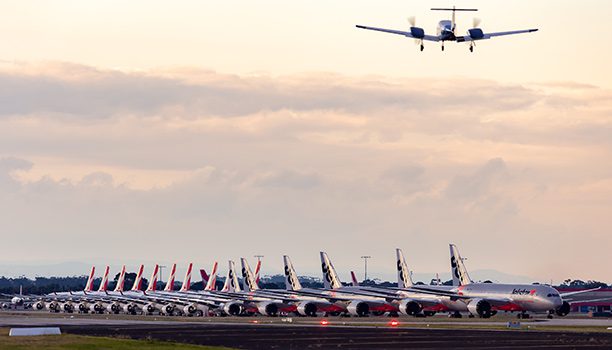
The cancellation of flights forced Qantas, Jetstar, Virgin and Rex to implement temporary stand-downs until flying can resume. The Australian Government announced new support through the Retaining Domestic Airline Capability program, which gives eligible airlines $750 per week for frontline employees that are otherwise unable to access COVID-19 disaster payments. Additionally, the government extended a number of existing aviation support programs until the end of the year.
Despite the reduced number of flights, the industry remains optimistic that demand for domestic travel, especially to leisure destinations, will bounce back strongly when vaccination targets are reached and border restrictions are eased.
The ACCC has recently heard concerns from some airlines that airports may seek to significantly increase charges to airlines in order to recover lost profits from the pandemic. The report explains that the ACCC believes such actions would be inconsistent with the Australian Government’s Aeronautical Pricing Principles and would be a clear example of airports systematically taking advantage of their market power.
“We would be very concerned if the major Australian airports sought to use their monopoly position to charge airlines excessive prices in order to recover any lost profits from the pandemic. This could limit an already vulnerable sector’s ability to recover, and impact on both consumers and the economy,” Mr Sims said.
The report notes the recently released Harris review commissioned by the Australian Government, which considered the scheme for managing airline use of Sydney Airport. The ACCC supports recommendations that limit incumbent airlines’ ability to keep more take-off and landing slots than they need.
“Access to take-off and landing slots at Sydney Airport can be a significant barrier for airlines to enter the market or expand their services,” Mr Sims said.
“The recommendations proposed by Peter Harris, such as greater transparency and a stronger system for monitoring compliance with airport slot rules, should make more slots available for new and expanding airlines.”
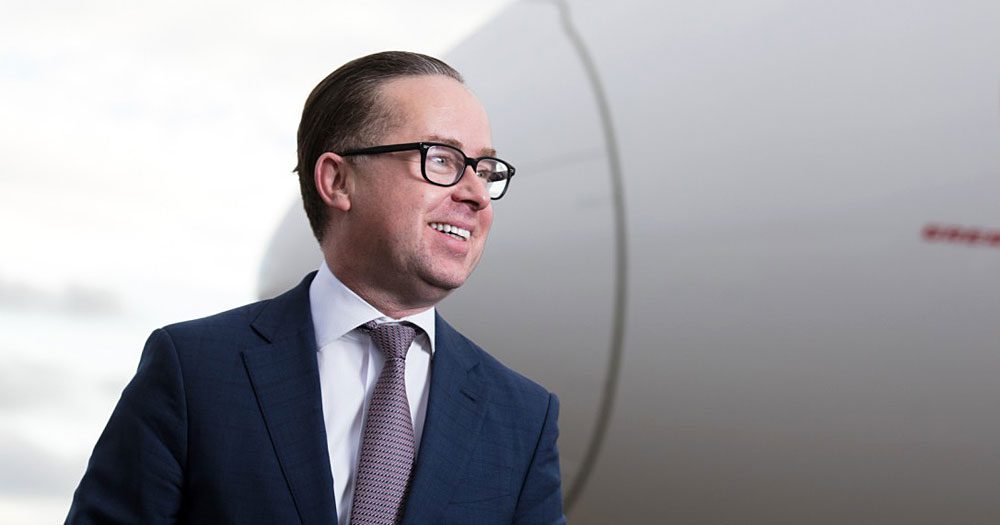
Speaking about the report, Qantas Group CEO Alan Joyce said “Over the past few months, we’ve seen some airports acting very aggressively to try to recover their losses from the pandemic.
“They can only do this because they’re unregulated monopolies. There’s nothing really stopping them charging whatever they like.
“We can’t say to our passengers ‘we’ve lost $20 billion in revenue due to COVID so we are going to increase airfares accordingly to recover our losses’ because it’s highly competitive between airlines and it’s not the right thing to do. There’s no way airports should be able to do the same to their customers.
“We’ve had a large regional airport seek to more than double passenger fees, increasing from $25 per passenger to $55. And we’re in court with Perth Airport currently about a significant price rise they have been trying to impose on us for years.
“We’re pleased the ACCC has said they will keep an eye on this type of behaviour. It’s clearer than ever that sensible policy reform is needed to make sure the recovery of the industry as a whole isn’t held back.”
The report also looks at the provision of air passenger services in regional Australia. While air services fulfil an important role in keeping regional communities connected with the rest of Australia, the need for airlines to recover their operating costs from a smaller number of passengers often results in higher airfares.
“Passengers on regional routes are less likely to experience the benefits of competition between multiple airlines, and regional communities can face higher airfares than those travelling on busier routes,” Mr Sims said.
Virgin’s competitive strategy also continues to evolve and the report mentions the airline’s approach to the corporate travel market. A recent industry study found that average domestic corporate airfares offered by Virgin were lower than Qantas, and the gap between the two had widened.
The ACCC will continue to monitor Virgin’s strategic shift towards more value-conscious travellers, and whether it may result in Qantas facing less competition at the premium end of the market.
Australian domestic air services – July 2019 to July 2021

Source: Bureau of Infrastructure and Transport Research Economics; Australian domestic airline activity.
Note: Data is for regular public transport and does not include charter operations.

